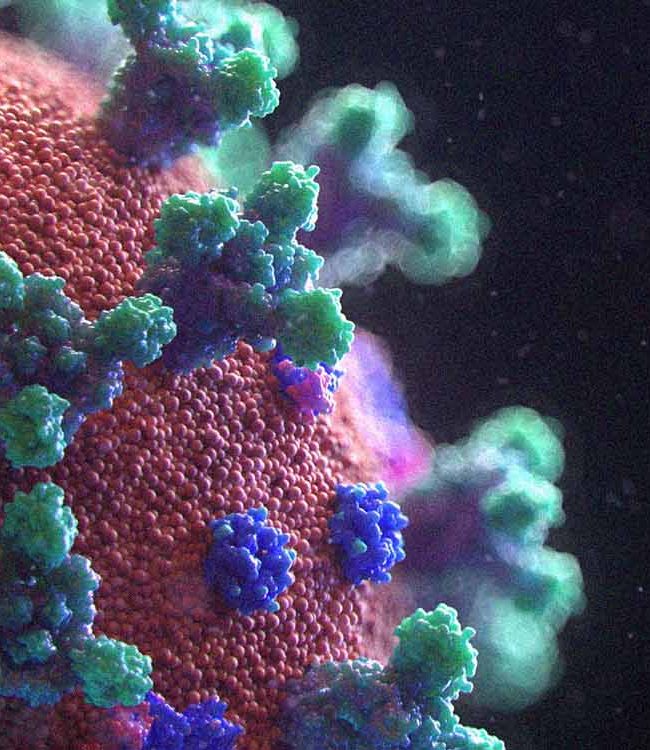Ditch the Label’s resident psychotherapist, Rebecca Barrie, explains the five stages of grief.
We are being bombarded daily by death rate statistics – so frequent are the updates, and so high are the numbers, that it’s easy to forget that there are human faces behind the numbers – each one being a brother/sister/son/daughter. What if someone you love is one of those who have lost their life to Covid-19? How can you mourn in the horror of the pandemic?
Death, at any point, is a difficult thing to understand but when someone we love dies suddenly and unexpectedly, grief can become complicated. One of the horrors of Covid-19, is that funerals attendance is so restricted, and funerals are important markers of our grief – a moment to begin to reflect on our loss and to share our grief and memories with loved ones. Without the opportunity to grieve with dignity, and among others, we might feel isolated in our loss and sadness.

Grief, like many of life’s difficulties, is messy and complicated. Grief is not something you can swerve – if you try, it will come back to bite you at some point. It’s important to remember that grief is normal and part of everyone’s life – at some point. Allow yourself time and space to grieve, share memories, your sadness and your despair with others, and be kind to yourself. Below I’ve listed the five common stages of grief – they won’t come as neatly ordered as this but it’s an idea of what to expect. Try and remember two things; 1. It’s okay to feel whatever you feel and 2. Share it.
Shock
For many, the first “symptoms” of grief feel like shock, or numbness – “I can’t believe he’s gone” is a common response. So over-whelmed are we by the loss, that our brains cut away our feelings to help us cope with the pain.
Anger
Once the shock gives way, we often feel anger. We are angry when we are hurt or when we are frightened and death and loss hurts us, and also scares us. Our anger wants to blame someone or something for our loss as a way of us trying to understand it. We might catch ourselves thinking or saying; “It’s the hospital’s fault, or the mother’s fault for not getting help sooner”. If we have someone, or something, to blame, it helps us in our endeavour to understand the incomprehensibility of death.
Bargaining
This is where we become a little bit more reflective – ‘if only we could have one more summer together’ or ‘if only I had spent more time with him”. These are moments when we want to go back in time, perhaps do things differently. A time often where we feel guilt or blame ourselves and this is normal in the grieving process – the “shoulda woulda coulda” effect.
Depression
With loss, a period of sadness or depression is an inevitability; when we reach an understanding that the person has gone, the sadness or depression kicks in and the pain can run very deep – this is a normal human response. Talking about the loss, allowing yourself to feel the pain and to think about the person you have lost, will help you, over time, come to terms with it.
Acceptance
This stage is where our minds integrate the concept of the loss – we understand that the person has gone, and we can start to incorporate this idea within ourselves. It’s a period of greater stability, we will still have bad days but we will also start to have good days. We understand that the person has gone, and we remain sad, but we are able to move forward and to evolve into the new reality. Acceptance is the stage where we think “Okay, she’s gone, but I think I’m going to be ok.”
If you need direction in seeking support, join our community here where we have digital mentors that can guide you.













